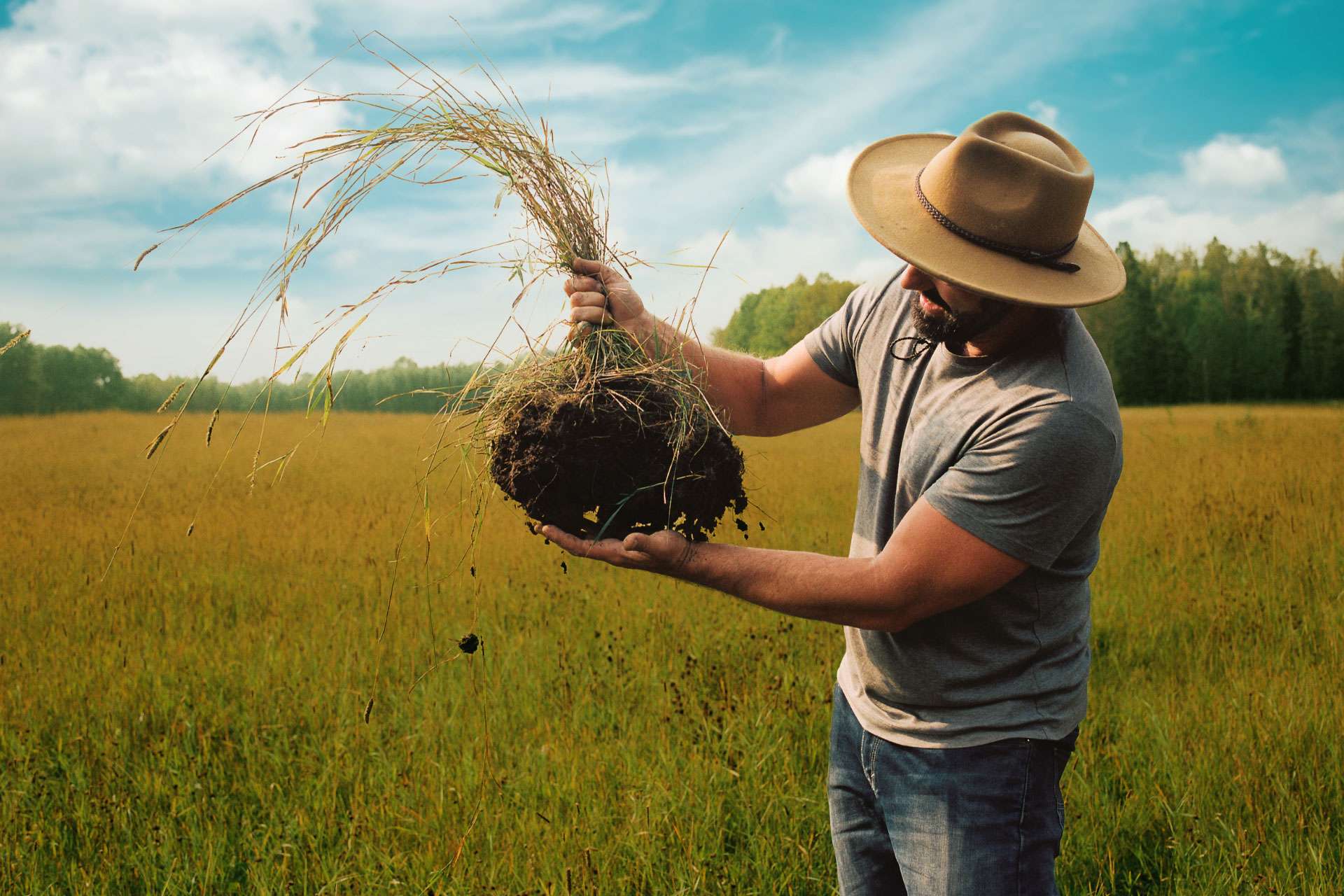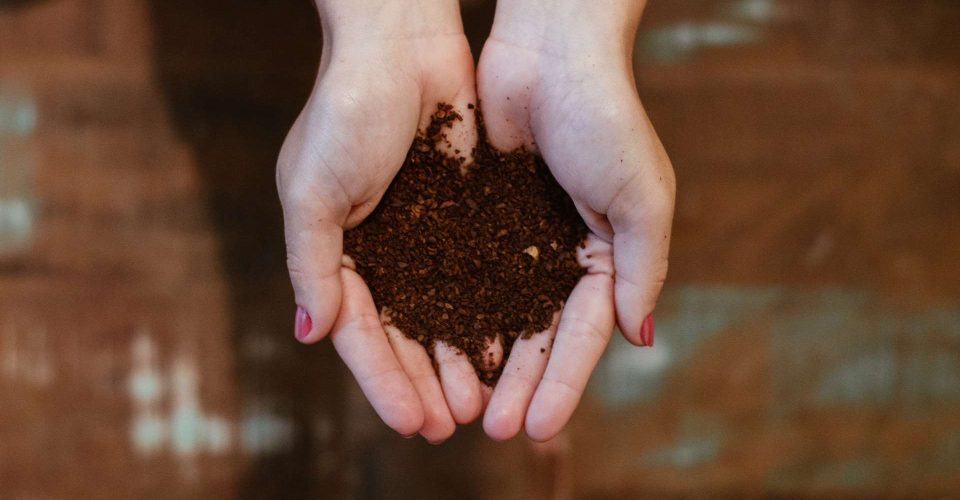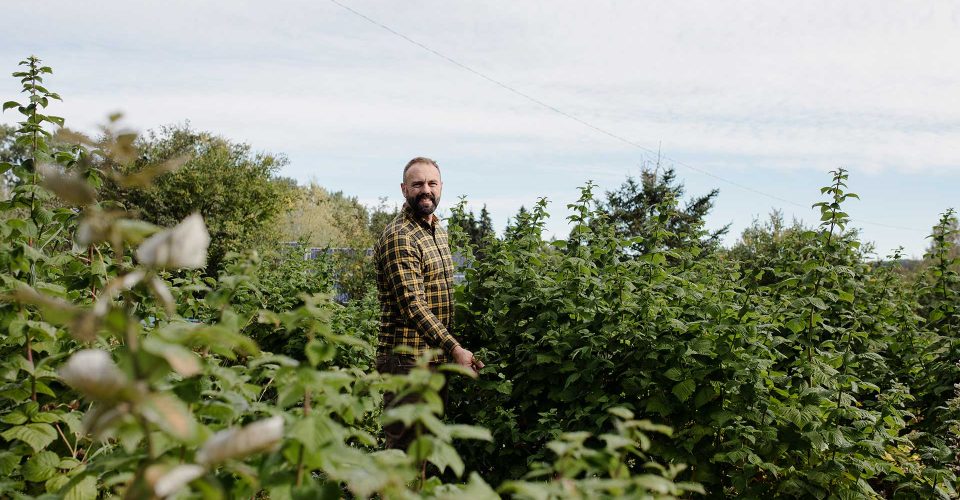From commercially accessible documentaries like Kiss the Ground to podcasts like The Abundant Edge, awareness about the importance of regenerative agriculture is critical to building a resilient and sustainable future. The last few years forced the world to stop and reflect on questions that are fundamental to our survival: “Where does our food come from? How is it cultivated? How does it physically travel from farms to our kitchen tables?”
Suddenly, chat forums, public intellectuals, celebrities, and even research institutes are taking on the challenge of defining what regenerative agriculture is for a largely unfamiliar public.
The term “regenerative agriculture” was originally coined by the Rodale Institute in the 1980s, and is helpful for those new to the conversation:
Regenerative land management is an approach to farming and land use that replenishes land and helps ecosystems flourish. It involves techniques and practices that restore soil quality, biodiversity, ecosystems health, and water quality.
Rodale Institute
And slowly but surely, more people began realizing the important role that regenerative agriculture must play to ensure an abundant, prosperous, and antifragile future. Conversations around topics like soil health, carbon sinking, sustainable land management, and topsoil regeneration are no longer the exclusive domain of industrial scale farmers and agricultural scientists.
Instead, popular podcasters like Joe Rogan – whose podcast averages 11 million listeners monthly as reported by TIME Magazine – are featuring visionaries like Will Harris, who is a fourth-generation cattleman and farmer leading a national conversation on utilizing regenerative agriculture and humane animal husbandry practices. A few short years ago, we would have been shocked to see mainstream podcasters devote almost two and a half hours of airtime to regenerative agriculture, but these conversations have increased in popularity thanks to improved environmental awareness, becoming key topics of discussion on major networks and platforms.
While unpacking terms like “biomimicry”—designing items, systems, and structures that mirror nature—and shedding a light on large-scale industrial farming practices, experts like Harris tell listeners that eventually extractive practices will exhaust the capacity of the planet. Observing that “when efficiency is all you’re worried about, you pay the price in resilience,” Harris challenges listeners by summarizing the driving principle that keeps our team up at night: human existence is, ultimately, “a matter of living on what we can produce.”
Similarly, documentaries like Kiss the Ground (available on Netflix), have helped introduce countless viewers to foundational concepts in the regenerative and permaculture movements, inviting viewers to rethink their relationship to food, the earth, and our shared future. Winning the official selection at the Tribeca Film Festival, Kiss the Ground has been credited for translating the passion, challenge, and urgency of grassroots activists to audiences ranging from Telluride Film Festival to Netflix.
However, the increasing awareness surrounding regenerative agriculture does come with challenges, especially when corporations attempt to greenwash and cultural commentators reduce the complexity of the regenerative movement or confuse learners with incorrect information.
Still, the rising tide of awareness provides experts, investors, farm owners, and grassroots activists an opportunity to invite peers to imagine a different and more resilient future. One that, as Harris observed, can have a positive economic, societal, and agricultural impact.
“It’s a matter of living on what we can produce.”
Will Harris



